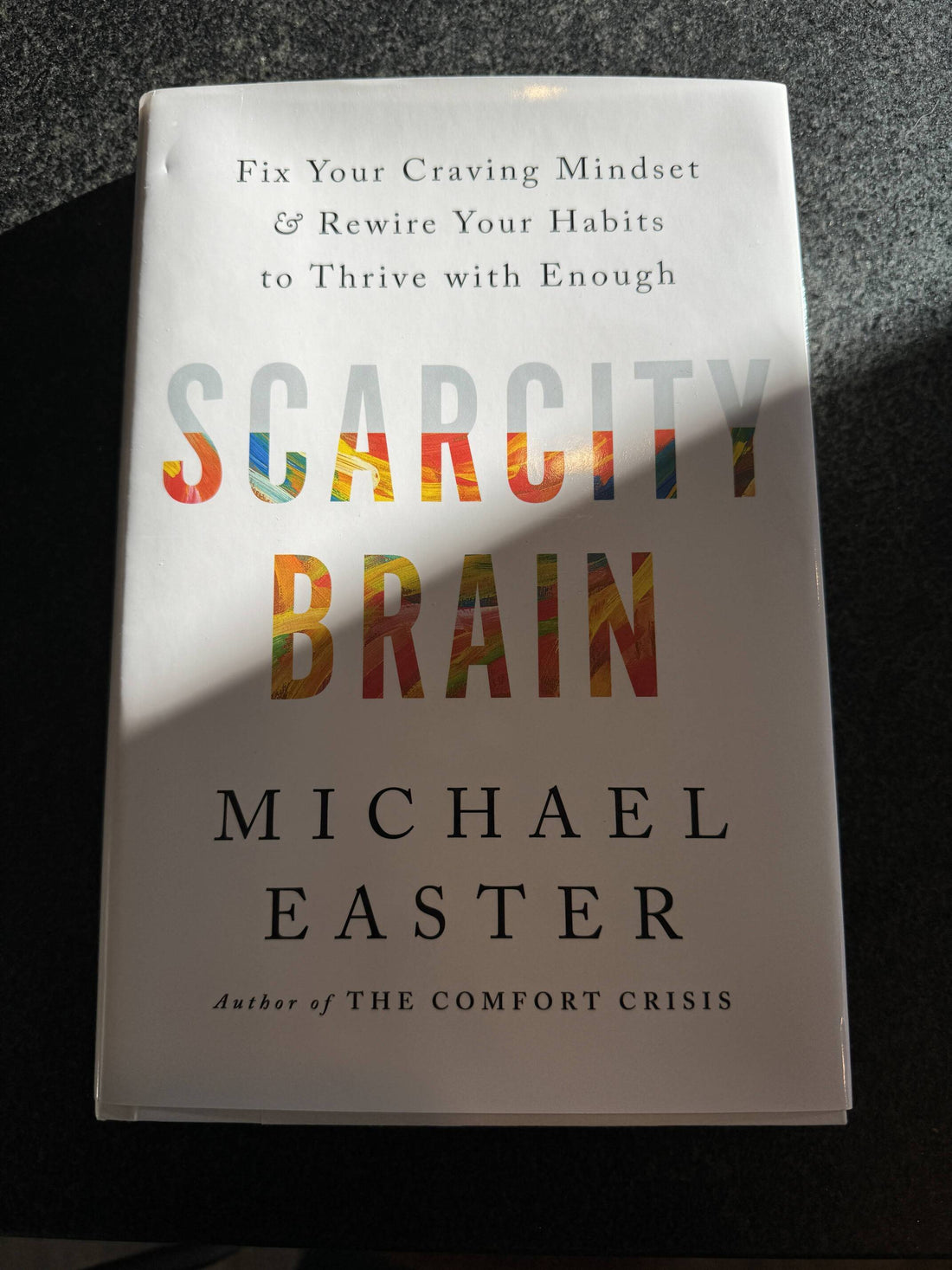In the vast landscape of self-help literature, where advice often ranges from clichéd mantras to quick fixes, Michael Easter's "Scarcity Brain" stands out as a refreshing and intellectually stimulating journey into the intricacies of human psychology.Easter takes readers on a thought-provoking exploration of scarcity and its profound impact on our minds, shedding light on why we are drawn to the peculiarities of modern life, particularly the enigma of social media.
What sets Easter's work apart is his immersive approach to understanding the human psyche. Unlike many authors who rely solely on research or personal anecdotes, Easter immerses himself in diverse cultures, unveiling insights that form the backbone of "Scarcity Brain." His willingness to step into unfamiliar territories, from the experimental casinos of Las Vegas to the serene monasteries in the Western U.S., adds a layer of authenticity to his narrative.
One of the book's compelling chapters unfolds in Las Vegas, where Easter unravels the secrets behind the revolutionized profits in casinos. By dissecting the psychology of slot machines, he exposes the intricate ways these games have been engineered to hotwire the human brain, tapping into the primal desires for unpredictability and reward. The parallels drawn between the allure of slot machines and the scarcity mindset offer readers a profound understanding of the forces at play in their own decision-making processes.
Easter's global exploration also takes him to South America, where he unveils the secrets of a culture with near-zero cardiovascular issues. Contrasting their simple, essential diet generally of a protein or a vegetable, to the highly processed foods prevalent in the American lifestyle, he provides readers with a stark realization of how the scarcity brain controls our choices to make unhealthy ones.
The journey doesn't stop there; Easter's sojourn into a monastery reveals the role of community and socialization in fostering happiness and satisfaction. The discovery that personal possessions are stripped away in favor of communal bonds adds a dimension to the scarcity discussion—one that challenges the modern pursuit of materialism and individualism.
What truly makes "Scarcity Brain" shine is its practicality. Easter doesn't just unravel the complexities of the human mind; he provides actionable strategies for coping with the challenges presented by the scarcity mindset. From cultivating mindfulness to delaying gratification, building resilience, and fostering gratitude, Easter offers a toolkit for readers seeking to navigate the modern world with a clearer, more intentional mindset.
"Scarcity Brain" is a captivating exploration of the human experience in a world marked by scarcity, abundance, and the constant tug-of-war between the two. Easter's immersive storytelling, backed by his insights and practical strategies provided, helps provide a deeper understanding of their own minds. If you're intrigued by the mysteries of social media, the psychology of decision-making, and the pursuit of happiness, "Scarcity Brain" is a must-read that deserves a prominent spot on your bookshelf. My full recommendation goes to this insightful work that challenges, informs, and enriches the reader's perspective on the complexities of the human mind.

